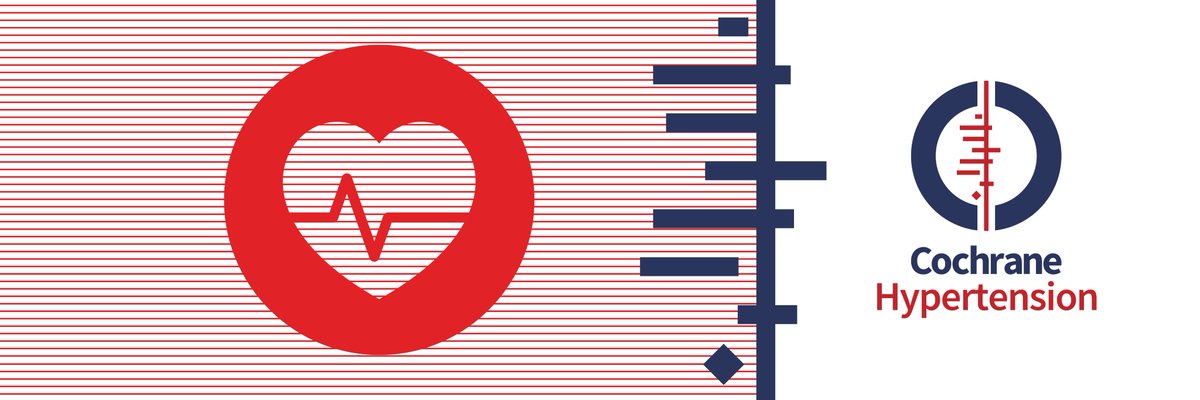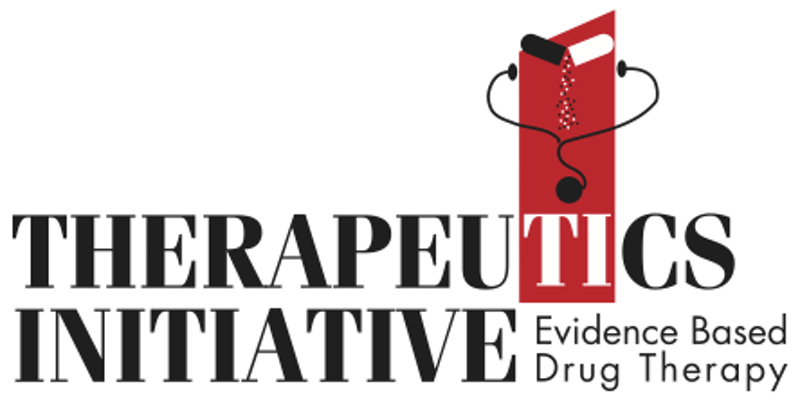
🧵#BloodPressure 🎯 in people w/ cardiovascular disease
1/ In this updated @CochraneLibrary review, we wanted to know if lower bp goals are better than standard bp goals for ppl with #hypertension who also have CVD: buff.ly/3OmPT67
#CochraneEvidence #SystematicReview
1/ In this updated @CochraneLibrary review, we wanted to know if lower bp goals are better than standard bp goals for ppl with #hypertension who also have CVD: buff.ly/3OmPT67
#CochraneEvidence #SystematicReview

2/ The author team & an information specialist searched for studies:
✅ that compared lower #BloodPressure targets to standard bp🎯
✅ which included people with #hypertension and #CVD (heart disease, angina, stroke, vascular disease)
#SystematicReview #HighBloodPressure
✅ that compared lower #BloodPressure targets to standard bp🎯
✅ which included people with #hypertension and #CVD (heart disease, angina, stroke, vascular disease)
#SystematicReview #HighBloodPressure

3/ Trial selection criteria:
✅RCTs with more than 50 people/group
✅Minimum 6 months follow‐up
✅Data for at least 1 primary outcome (total mortality, serious adverse events, total cardiovascular events, cardiovascular mortality)
buff.ly/3OmPT67
✅RCTs with more than 50 people/group
✅Minimum 6 months follow‐up
✅Data for at least 1 primary outcome (total mortality, serious adverse events, total cardiovascular events, cardiovascular mortality)
buff.ly/3OmPT67

4/ Eligible interventions:
LOWER blood pressure 🎯 (135/85 mmHg or less)
compared with
STANDARD blood pressure 🎯 (140-160mmHg/90-100mmHg or less)
👉🏽 buff.ly/3OmPT67
#CochraneEvidence #Hypertension
LOWER blood pressure 🎯 (135/85 mmHg or less)
compared with
STANDARD blood pressure 🎯 (140-160mmHg/90-100mmHg or less)
👉🏽 buff.ly/3OmPT67
#CochraneEvidence #Hypertension

5/ Main results:
✅7 studies with 9595 participants
Little to no difference in:
✅Total deaths, or in heart or vascular deaths between lower & standard bp goals
✅Total number of heart or vascular problems and total serious harms (but the evidence was less certain)
✅7 studies with 9595 participants
Little to no difference in:
✅Total deaths, or in heart or vascular deaths between lower & standard bp goals
✅Total number of heart or vascular problems and total serious harms (but the evidence was less certain)

6/ Implications for clinician practice:
Evidence identified in this review does not support lower bp 🎯 (less than 135/85 mmHg) as compared to standard bp 🎯 (less than 140-160 mmHg/90-100 mmHg) in people with #hypertension & established #cvd
👉🏽 buff.ly/3OmPT67
Evidence identified in this review does not support lower bp 🎯 (less than 135/85 mmHg) as compared to standard bp 🎯 (less than 140-160 mmHg/90-100 mmHg) in people with #hypertension & established #cvd
👉🏽 buff.ly/3OmPT67

7/ Implications for research:
Well‐designed RCTs assessing lower bp 🎯 in people with #hypertension #CVD are needed to ascertain benefits/harms derived from intensive & more conservative strategies
Future research should report mortality rates & all serious adverse events
Well‐designed RCTs assessing lower bp 🎯 in people with #hypertension #CVD are needed to ascertain benefits/harms derived from intensive & more conservative strategies
Future research should report mortality rates & all serious adverse events

• • •
Missing some Tweet in this thread? You can try to
force a refresh








